About | Quick Facts | Our Approach | Impact | How You Can Help
The Amazon plays a vital role in the world’s ecosystem. For generations, the Ese’Eja people have been protecting their lands by living sustainably. They expanded into ecotourism, sharing their knowledge and rainforest access with people from around the world. They want to preserve their customs and culture, but they face escalating obstacles from a government that condones environmentally devastating methods of agriculture, mining, and transportation.
ACEER works to empower the Ese’Eja nation to preserve their lands, live by their own customs, share their knowledge of the rainforest’s ecosystem, and adapt to 21st century realities in a culturally-relevant way. We focus on the Ese’Eja because of the relationships we have been able to build, and because we know the impact working with indigenous tribes can have on conservation:
-
Indigenous territories contain over 80% of the world’s biodiversity [Source: World Bank]
-
Giving indigenous groups rights to their ancestral lands reduces the clearing of their forests by more than three-quarters, and forest disturbance decreases by roughly two-thirds in just two years. [Source: Blackman et al 2017)
-
Indigenous communities’ methods of small-scale farming have been shown to encourage biodiversity at a greater rate compared to commercial agriculture. [Source: Scherr and McNeely]
-
Indigenous people have expertise in how to adapt, mitigate, and reduce climate and disaster risks [Source: World Bank]
